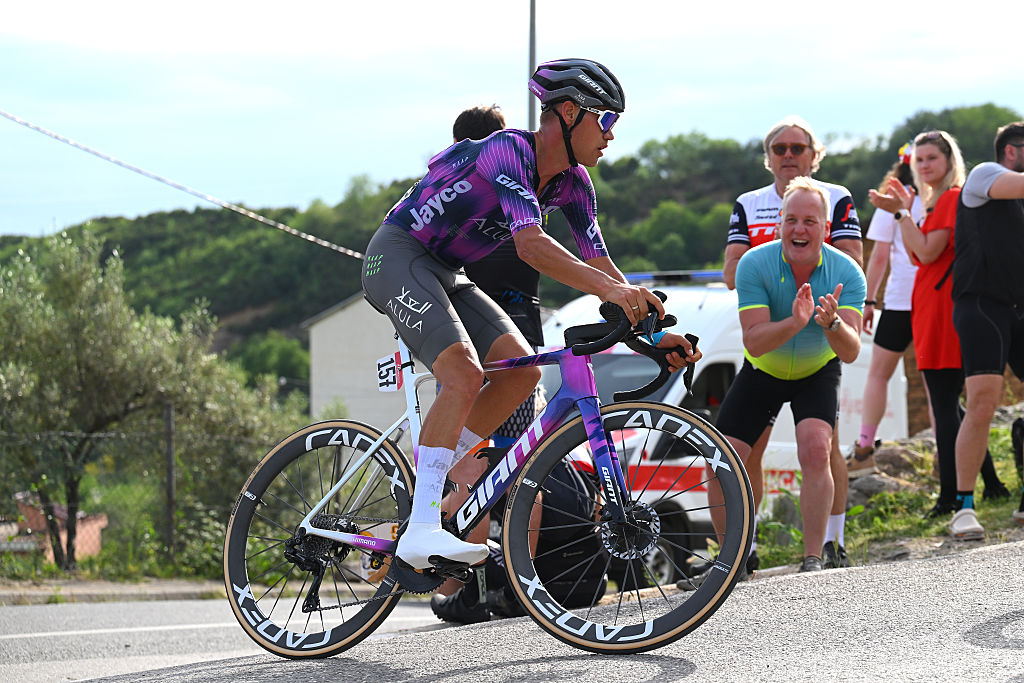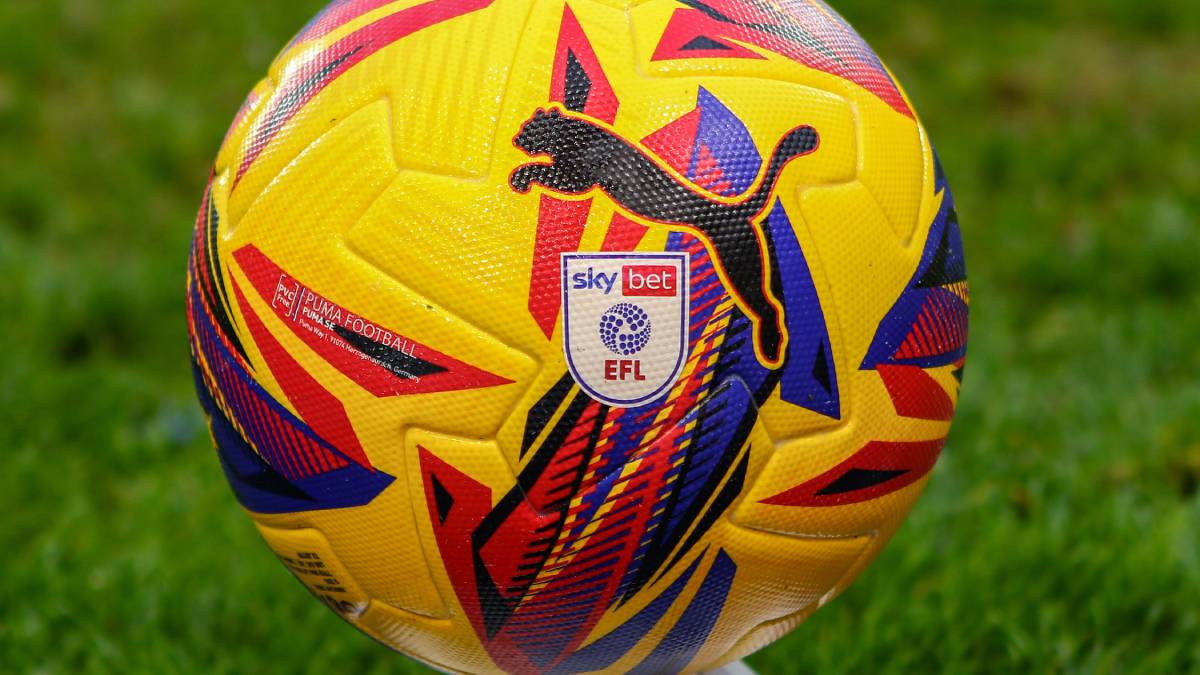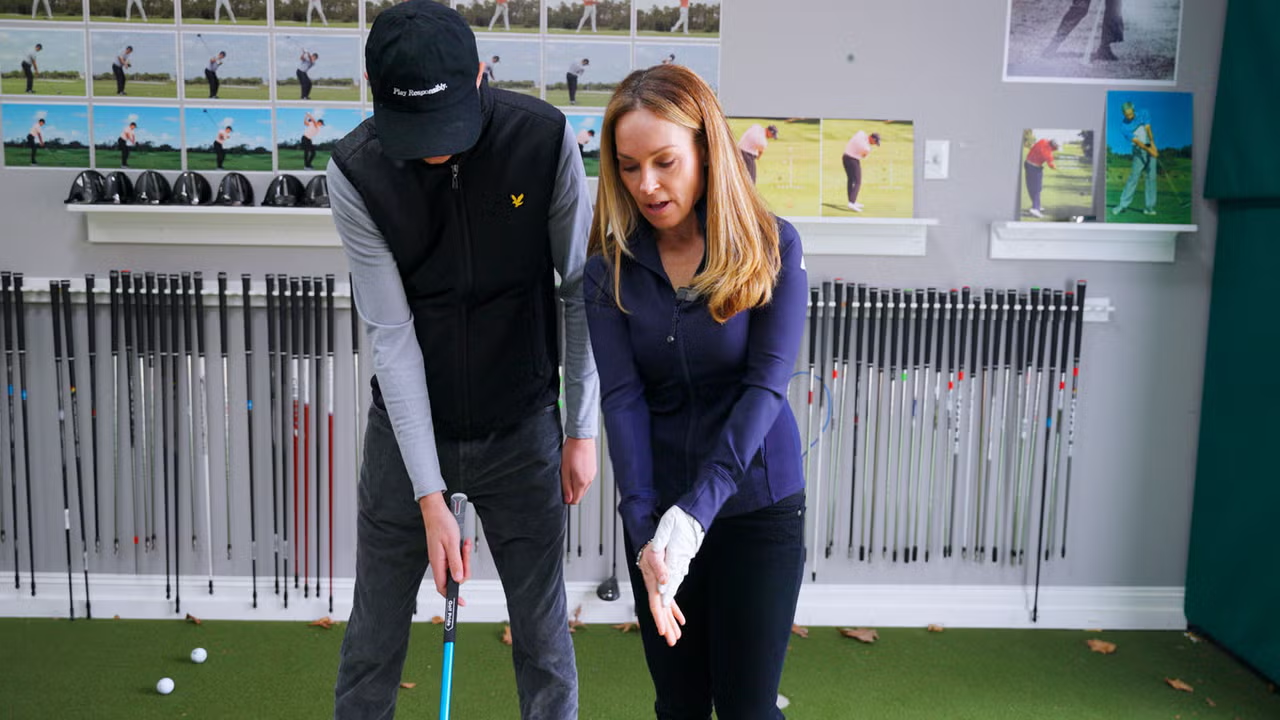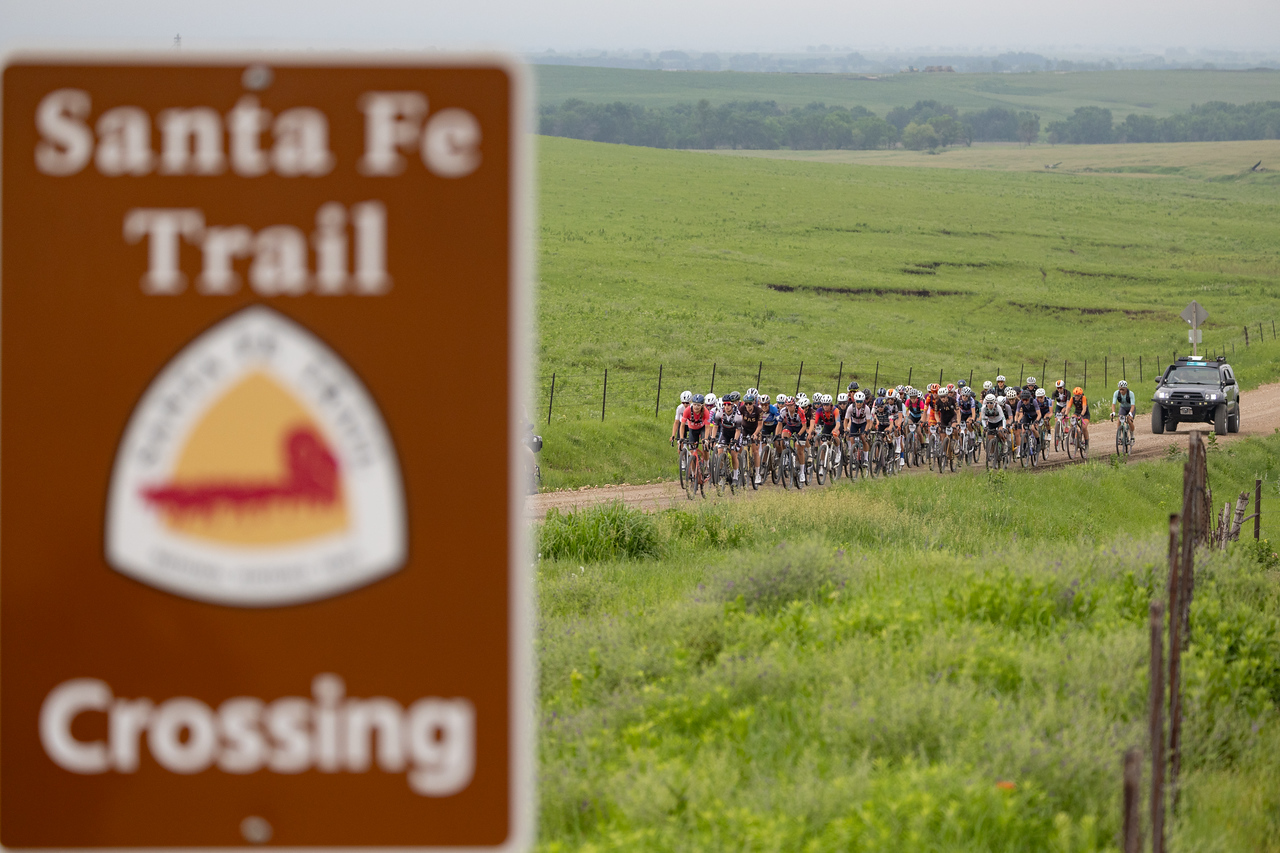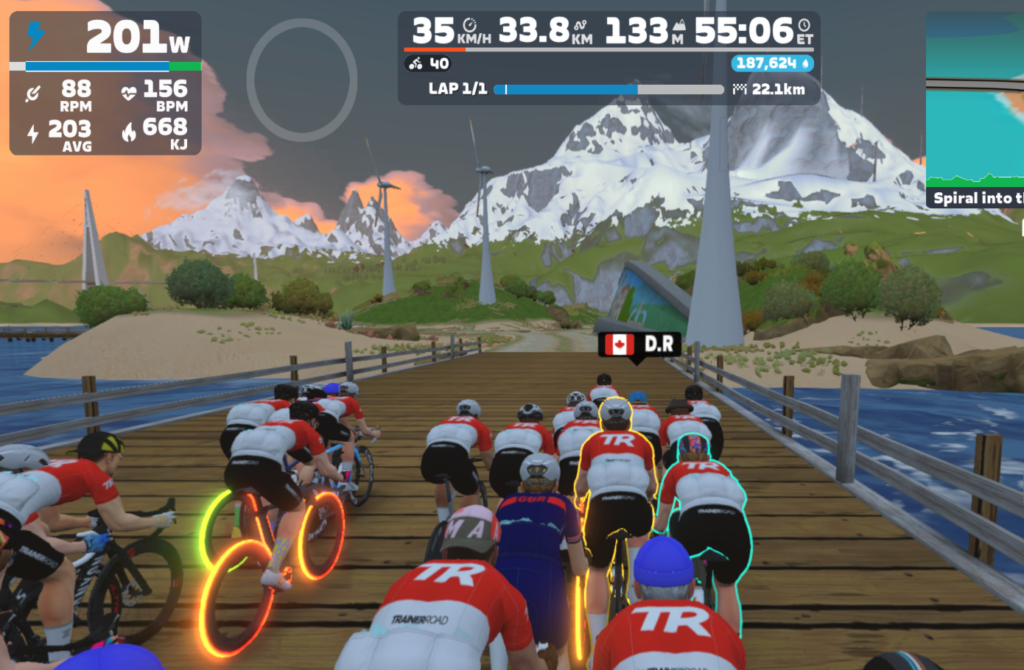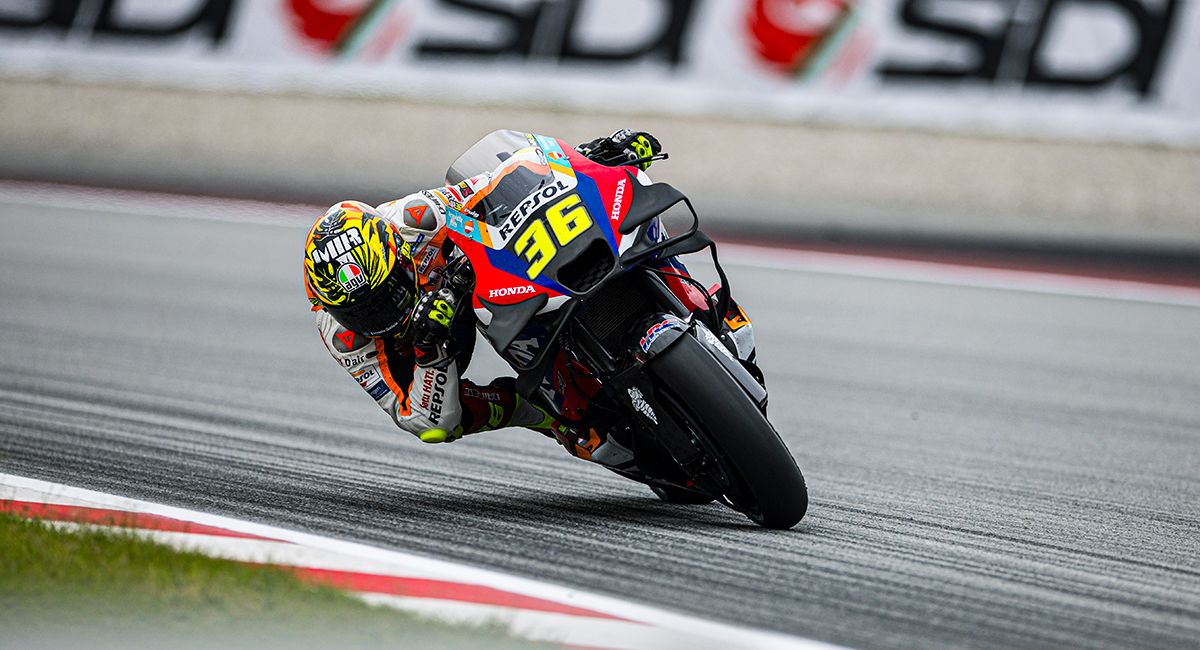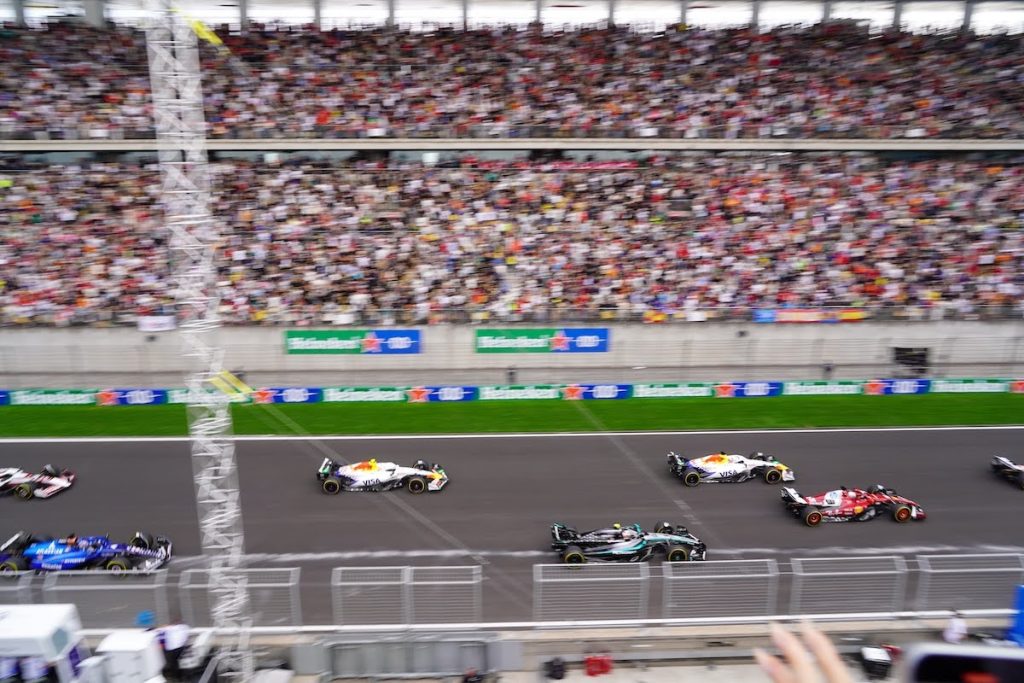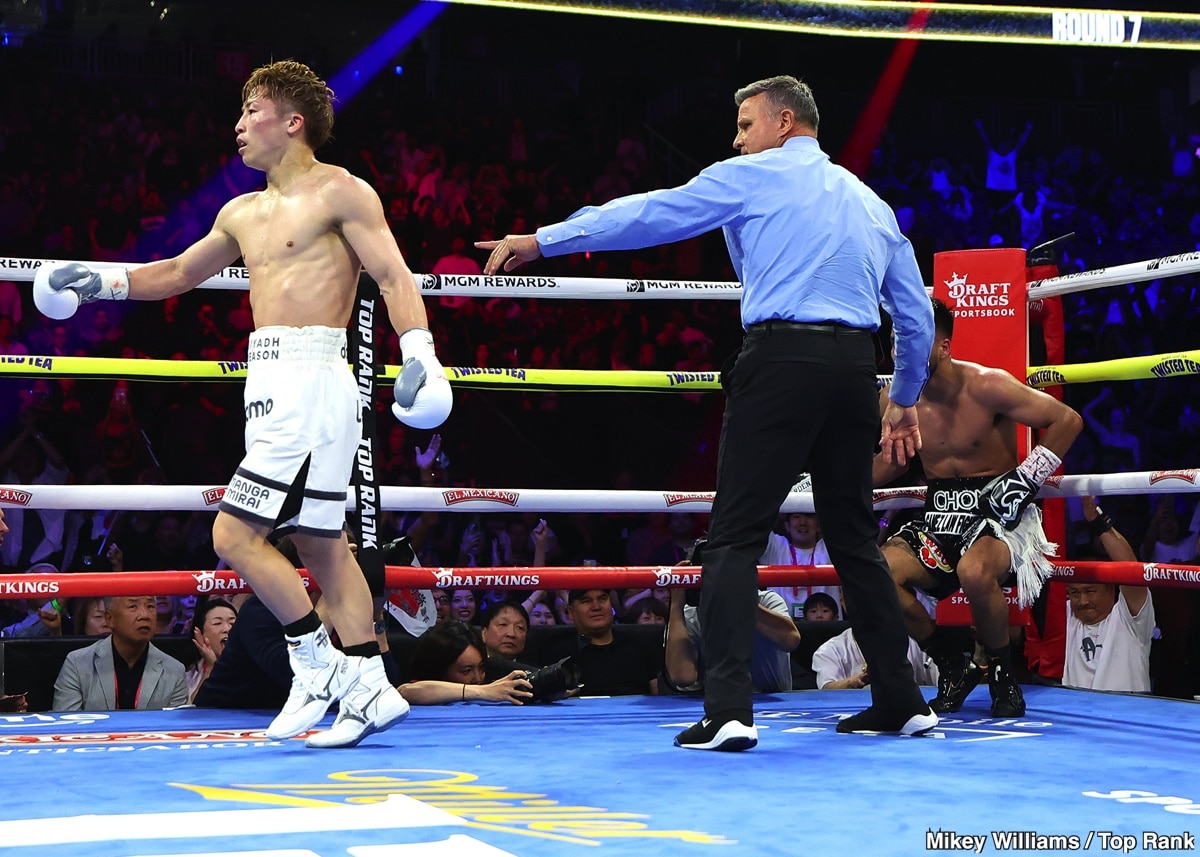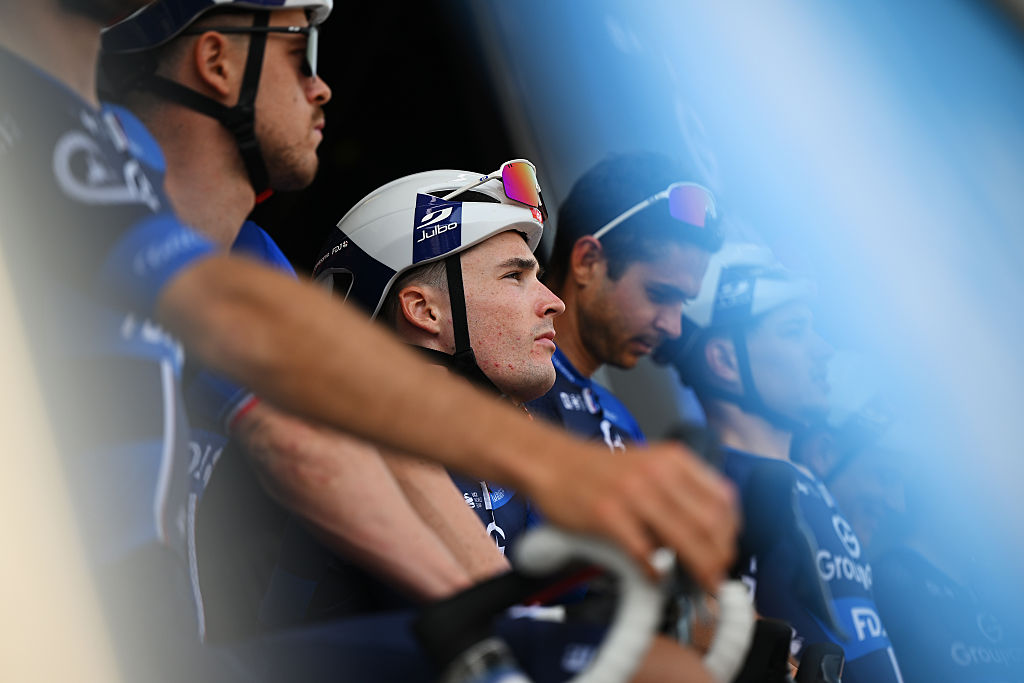Dylan Dethier
;)
Scottie Scheffler enters this week’s PGA Championship as the tournament favorite.
Getty Images
Every good professional golfer is good at compartmentalization. Playing under pressure means blocking out the world, after all. Practicing day in and day out requires an uncommon focus, too. And so it stands to reason that the guy who’s the best at golf may also be the most focused at compartmentalizing his life.
Enter Scottie Scheffler.
“I don’t really set those types of goals for myself,” Scheffler said on Tuesday, responding to a reporter’s question about the career Grand Slam. This is the time of year when the sport’s best players get asked its biggest questions, and those questions are only bigger in the wake of Rory McIlroy’s recent Masters victory. But Scheffler wasn’t taking the bait. He’s good at that.
“I have some dreams and aspirations that I think about, but I’ve always been at my best when I stay in the present,” Scheffler continued. “That’s what works really well for me. You have certain guys that will write down a bunch of goals at the beginning of the year and that’s what motivates them, but for me, I do my best when I stay in the present.”
He makes it sound obvious, put that way. Purely logical. Just stay in the present. But that ignores just how hard it actually is to do so; how do you strip the context from the process? How do you focus on doing, blocking out the why and the what happens if I do?
That’s part of what makes the World No. 1 so special, and why he enters this week’s PGA Championship as the tournament favorite. That’s a well-earned title; in his last start, at the CJ Cup Byron Nelson, he won by eight, and that was his 10th victory in the last 14 months.
Scheffler had some notable other stuff happen in that time, like becoming a father, getting arrested and entering an entirely new echelon of fame and scrutiny. So how has he balanced all of the above, seemingly getting tougher with every distraction? That’s something he works on continuously, he said in his pre-tournament press conference. And he leans on a tip from his college coach to help him.
“I think it’s always a battle to try to stay in the present,” Scheffler said. “I think when I was in college, my coach did a really good job of helping me kind of learn that skill. He really preached on when you’re at the golf course, you’re at the golf course, when you’re in class, you’re in class. And when I’m out doing stuff with my friends — I don’t want to be at home hanging out with my wife thinking about my golf swing. I don’t want to be out here at the golf course thinking about being at home.”
Even Scheffler’s framing there is helpful, and makes the above double as valuable life lesson: Staying in the present isn’t an innate ability. It’s a skill that can be learned, developed, practiced, improved. It can be acquired or lost.
“We have certain time throughout the day, and I think when you’re in the present, you’re able to make the most of those situations, whether it be enjoying them to the fullest or getting the most out of the work that I put in when I’m at the golf course,” he added. “I think it’s a constant battle.”
The illusion with Scheffler is that it’s effortless. For several years he’s been the best irons player on the planet and he’s made that look easy. He’s also made the off-course stuff look easy; he’s clearly a loving husband and present father and seems to be able to roll with the punches, even the complexities of life on the road with a baby. But listen to him when he says it’s a “constant battle,” and the subtext: none of it is easy. Not even the golf. After all, when one reporter implied as much in a post-round interview session last month, Scheffler corrected him.
“I would never say that golf is easy, ever. Golf is hard,” he said.
It’s probably more accurate to say that Scheffler’s quest is for simplicity. He’s fond of saying that every player starts a tournament at even par, his way of dismissing the effect of being World No. 1 or a tournament favorite. Other than at the Tour Championship, of course, your prior play doesn’t get you any strokes. Staying present, staying focused, staying where your feet are? That’s just good strategy.
What’s Scottie Scheffler’s secret? We asked his inner circle
By:
Dylan Dethier
Scheffler isn’t trying to live in a vacuum. That’s not the point. But he seems particularly good at taking the good and filtering out the bad.
“This week I’m showing up coming off a tournament that I won, and that’s always a good feeling,” he said. “You can definitely ride some of that momentum. When I look back at my career, it would be silly to say that I don’t ride some of the momentum from those wins.”
As for the opposite? The negative momentum? That’s where the mental toughness comes in handy.
“I feel like I’ve always been pretty decent at bouncing back,” he said. “I look at a year like last year where I was tired at the end of the year and I had a really poor start in Colorado going into East Lake and was able to kind of bounce back and have a really good week at East Lake and finish off the year the right way.” That last line referenced his FedEx Cup victory, a $25 million bookend to an historic season.
“I do try to do my best to treat each week as their own tournament, but it’s silly to not ride positive momentum,” he concluded.
He’ll try to do exactly that this week.
“>
;)
Dylan Dethier
Golf.com Editor
Dylan Dethier is a senior writer for GOLF Magazine/GOLF.com. The Williamstown, Mass. native joined GOLF in 2017 after two years scuffling on the mini-tours. Dethier is a graduate of Williams College, where he majored in English, and he’s the author of 18 in America, which details the year he spent as an 18-year-old living from his car and playing a round of golf in every state.


;)
